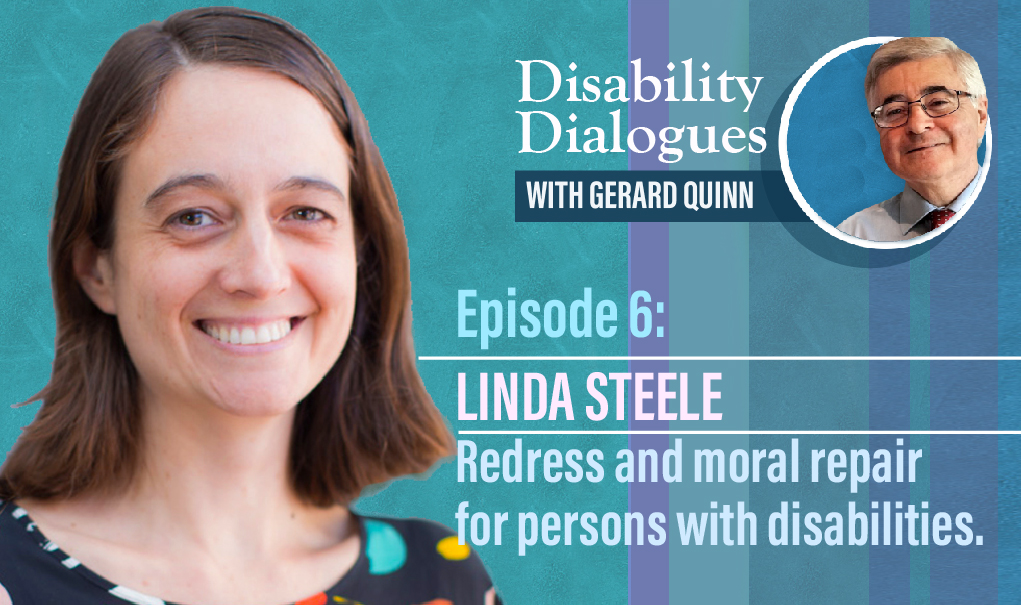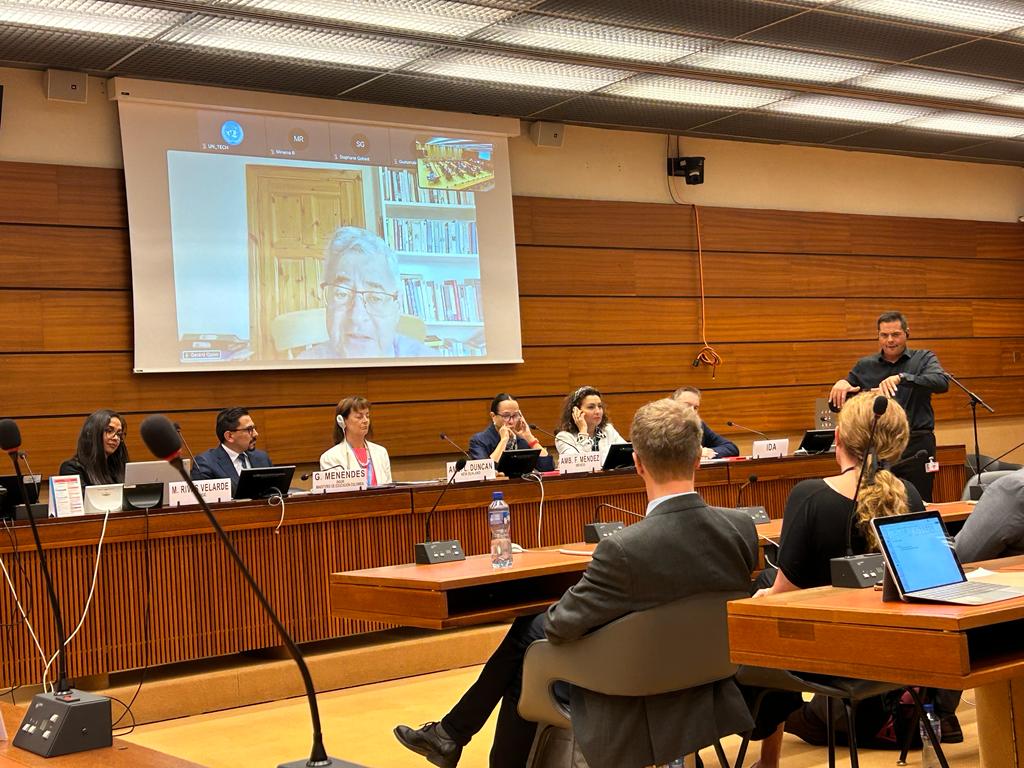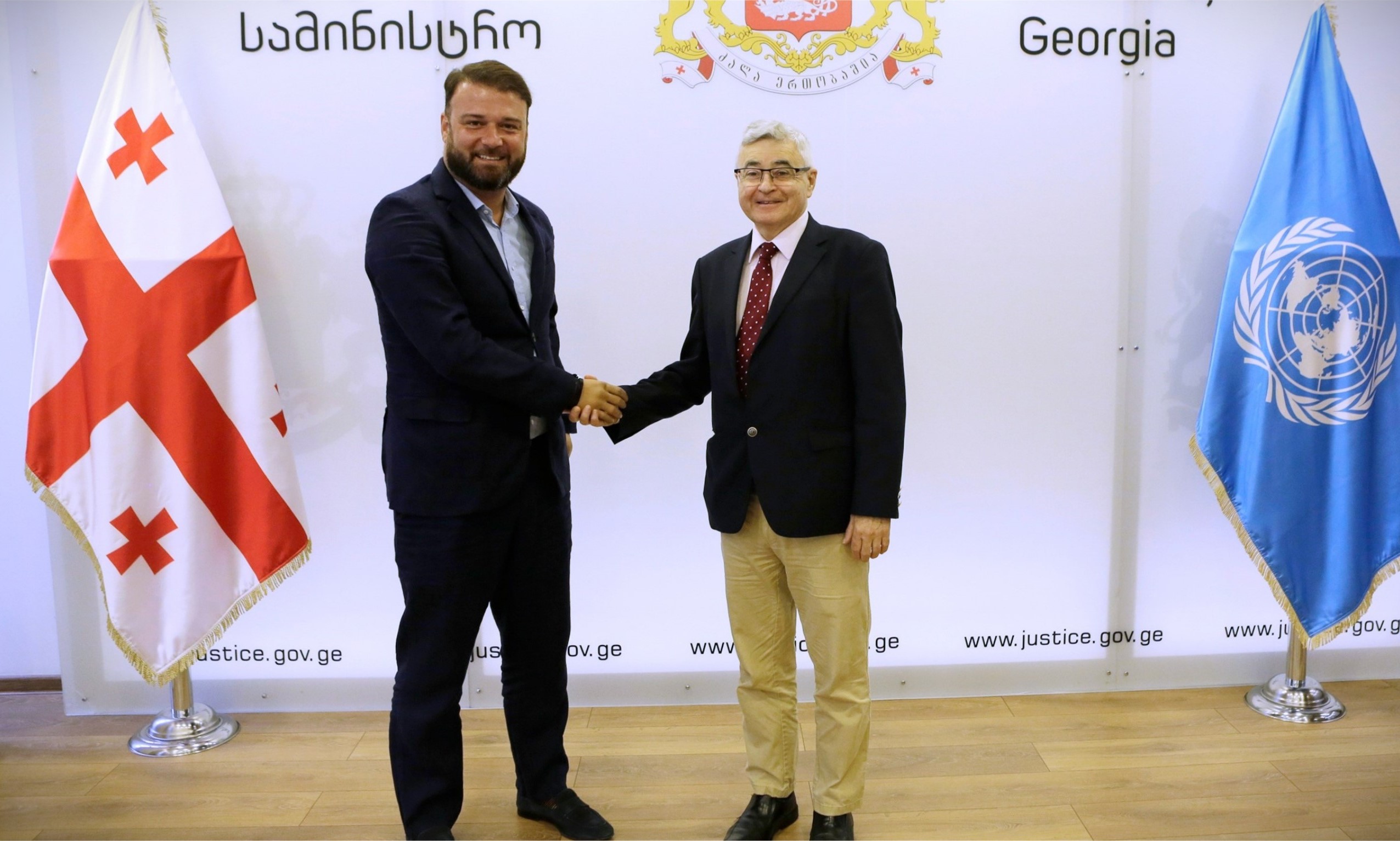New technologies and participation allow us to imagine support services of persons with disabilities beyond traditional models based on impairment and dependency. This report offers a framework to rethink these services with personhood, autonomy and human rights at their center.
The UN Convention on the rights of persons with disabilities reflected profound changes in the way persons with disabilities position themselves and relate to the community. It marked a departure from the medical understanding of disability as a deviation from the "normal", towards an understanding of it as an intrinsic part of human diversity.
This report calls for changing the way in which support services are conceived and provided for persons with disabilities, to reflect the paradigmatic shifts in respect to disability in society. It is based on 3 core predicates:
- The need for services based on personhood, focused on supporting personal development and inclusion in the community.
- The need for policy and legislation changes aimed at dismantling institutionalization and segregation, to reflect the departure from the medical model of disability.
- The need to integrate businesses and the private sector along with civil society and the state as partners in social services and support.
These predicates come from acknowledging the harm caused by the medical model of disability, which promoted dependency, stifled personal development, and failed to capitalize the potential of large sectors of the community to contribute to socioeconomic development.
Since the creation of the UN CRPD, many States have enacted significant measures to include persons with disabilities. They were supported by multilateral agencies, and global processes such as the 2030 Sustainable Development Goals. This report offers a vision of support services that is primarily about enabling one to self-actualize in the world. It is based on promoting autonomy – voice, choice and control – and social inclusion.
States, experts and institutions consulted during the preparation of this report highlighted the COVID pandemic as a watershed moment, which underscored the need to rethink social services, particularly given the high mortality experienced by persons with disabilities and others overrepresented in institutional settings. Their experiences and perspectives informed the set of recommendations included in the report, which address the specific roles of States, businesses and the private sector, organizations of persons with disabilities, the UN system and international donors in reimagining support systems for persons with disabilities.
1. Recommendations to States:
- Map current services and funding models, and redesign procurement policies to incentivize compliance with the rights of persons with disabilities among service providers.
- Foster entrepreneurship and participation of persons with disabilities among service providers, and ensure accountability for the quality and legal compliance of services.
- Explore the right balance between formal support and informal care, ensuring that personal choice is always respected, and making support available for families and caregiver in informal settings.
- Introduce devolved budgets, with appropriate support, to transfer financial agency and spending control to persons with disabilities.
- Develop protocols on supported decision-making in the specific context of support services.
- Explore what role AI and new technologies can play in the personalization of services, while ensuring that technology does not become a substitute for the human touch.
- Invest in a sustainable workforce that is inclusive of persons with disabilities, supporting training, decent wages and career development.
2. Recommendations to businesses in the non-profit and private sectors:
- Assess compliance of business models with human rights and ensure that their practices are aligned with the UN Convention on the rights of persons with disabilities.
- Promote the participation of persons with disabilities in the development of business models and administration, ensuring spaces for them in governing boards.
- Ensure that feedbak and complaint mechanisms are available to service users.
3. Recommendations to organizations of persons with disabilities:
- Train and assist persons with disabilities to participate effectively in the co-production of public policy.
- Contribute to the development of user-led service providers.
- Engage with the business sector, to promote changes guided by the principles on business and human rights.
- Demand an active role in licensing and accreditation procedures of both Government and networks of enterprises, and monitor their outcomes closely.
4. Recommendations to the UN system:
- Ensure that United Nations specialized agencies with a focus on service development, such as the United Nations Development Programme and WHO, meet the goals of disability inclusion.
5. Recommendations to the community of international donors:
- Invest in the capacity of persons with disabilities to advocate Convention-compliant service paradigms and to become implementors of services, including centres for independent living, and encourage entrepreneurship in the community.
- Monitor the human rights impact of their investments.





